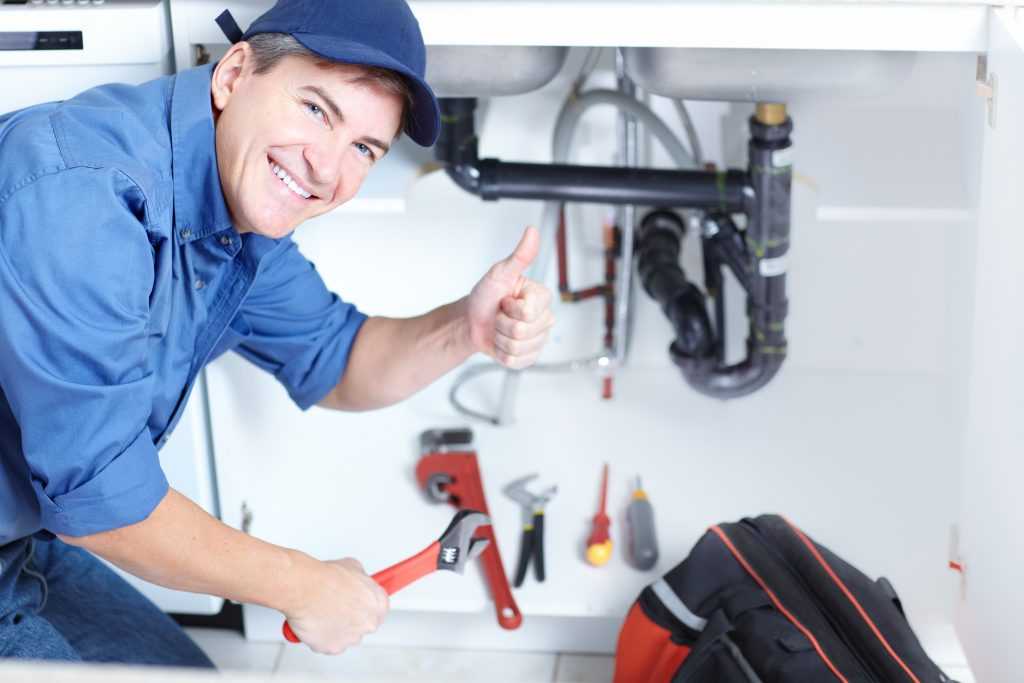 Hard water contains a high level of certain minerals, such as calcium and magnesium, that can be undesirable for household use. The most popular solution to remove these minerals is to install a water softener in your household water system.
Hard water contains a high level of certain minerals, such as calcium and magnesium, that can be undesirable for household use. The most popular solution to remove these minerals is to install a water softener in your household water system.
Bad Effects of Hard Water
Due to its untreated nature, hard water usually clogs pipes, and the scale buildup in water pipes and appliances lessens the efficiency of water heaters. Soap is also less effective in hard water because of the reaction of calcium and magnesium to the soap’s component.
Soap in hard water causes soap curd, too. It clings to the skin, making the skin dry and scratchy. The soap curd inhibits full cleansing. Detergent in hard water also means rough and stiff fabric.
Solution in Water Softener
The most common solution to eliminate hard water is installing a water softening system in your household. The majority of water softeners are ion exchange systems. In this kind of system, the water softener exchanges calcium and magnesium for sodium and potassium ions inside a resin tank. Since water softeners need to follow local plumbing codes, you have to hire a plumber to get your system installed and to ensure its proper setup.
With soft water, soaps can form a lather more easily and remove the sticky scum that hard water produces. Since soap is more effective in soft water, it cleans skin and clothes better. You no longer have to worry about scales building up in the pipes, lessening the lifespan of your water heater.
Because they are a simple solution to the various problems hard water creates, water softening systems continue to be popular and is set to grow by 5.9% from 2015 to 2025.
Water softeners are a cost-effective solution to the bad effects of untreated hard water. They make soap more effective for washing clothes and skin and remove scale buildup in pipes and water heaters.

